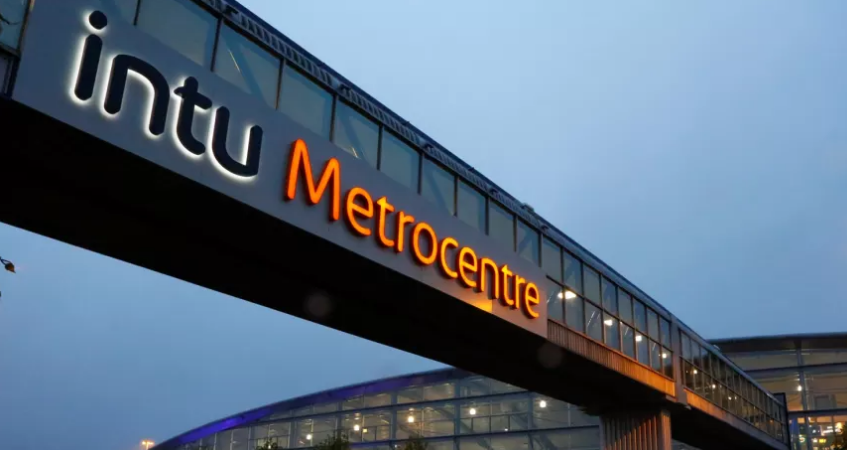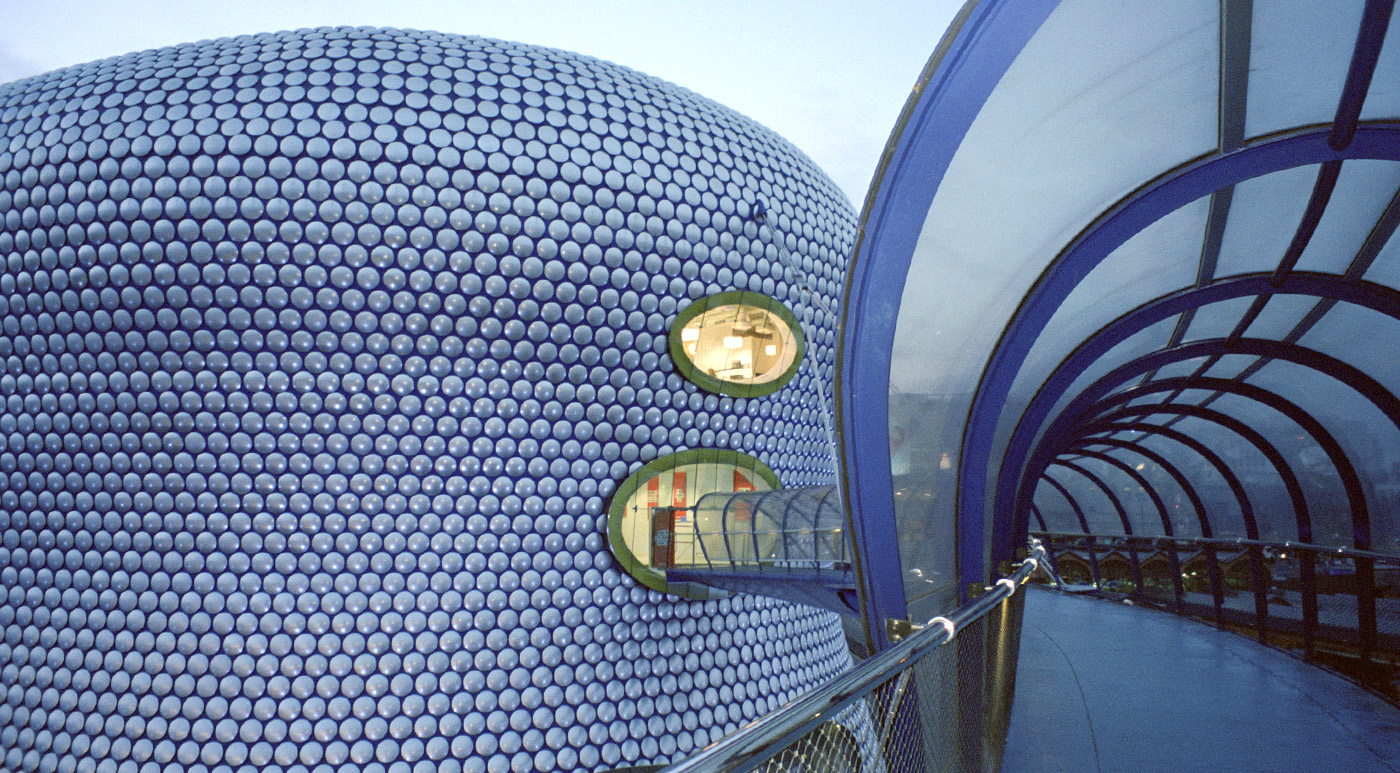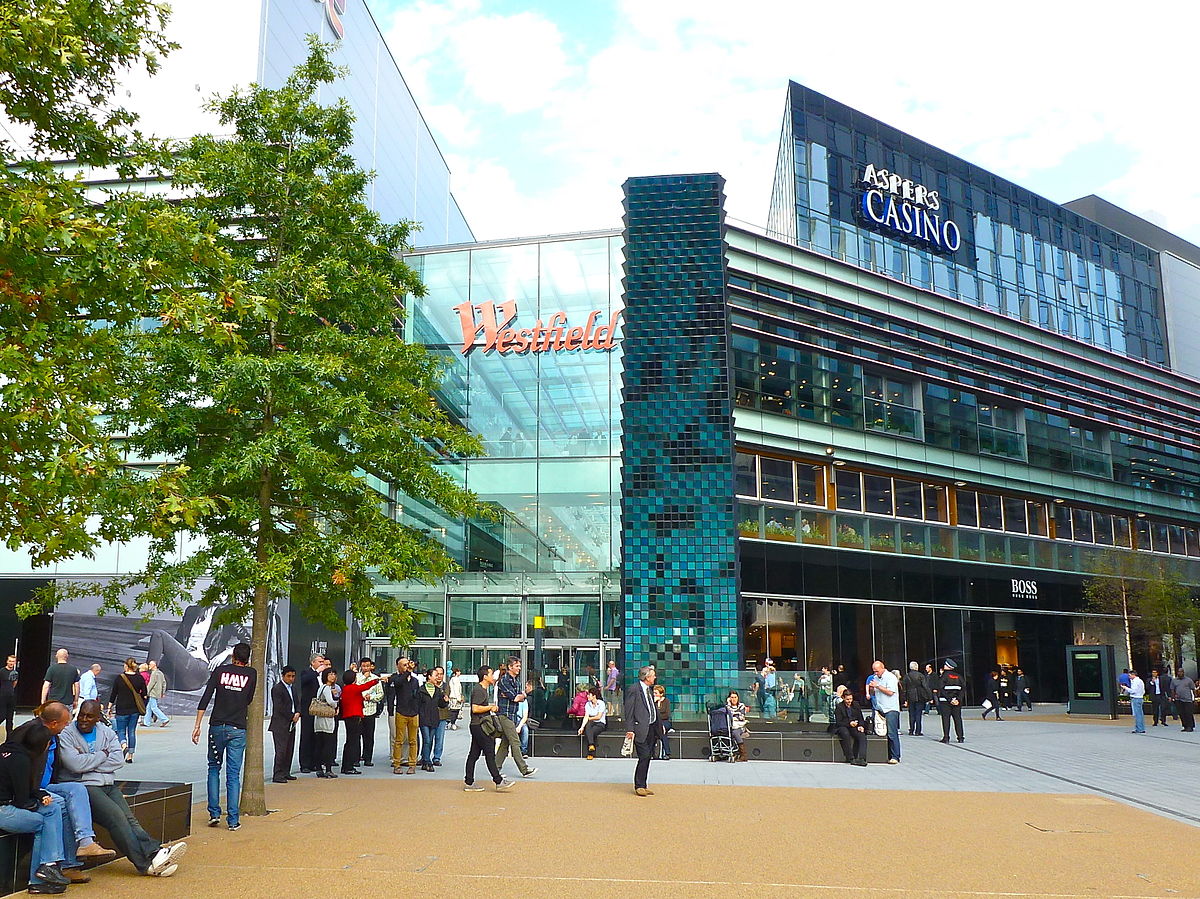Highfield Professional Solutions are thrilled to announce we are finalists for Best Company to Work for and Management Team of the Year in the Solent Business Awards 2017.
The development of our staff is paramount to success at Highfield, and we take great pride in the talent of our employees and the investment we make in each and every one of them. Ensuring staff have a great place to work, are managed in the best way possible and are happy and rewarded in their job is top of our priority list. We recognise that a business is only as strong as its workforce. Ensuring staff feel appreciated, challenged and most importantly valued, is central to our core values and it is this focus that has led us to become an employer of choice in our region.
Sam Hughes, Director of Highfield, commented;
“We are extremely proud of the way our business has grown organically and still maintains its core values. We continuously invest in our staff and ensuring they feel appreciated and valued is paramount to our success. Our management team are a testament to Highfield providing unrivalled support and training to their teams.
It is a real honour to be recognised not only as an employer of choice in the region, but as having an outstanding management team in addition.”
The Solent Business Awards, in partnership with KPMG, will take place on October 19th 2017 at the Hilton at the Ageas Bowl. It looks set to be a great event as the best of businesses in the Solent region come together to celebrate.
We are delighted to have been confirmed as finalists and are looking forward to the awards evening!




















